Your cart is currently empty!
Author: digital
-

ACORN Cambridge Tenants Rally for Safe Housing Despite Landlord’s Absence
ACORN Cambridge rallied a group of tenants at Radiance House, citing urgent issues such as mould, excessive heat, and concerns around fire safety. Representatives from housing association Places for People, which lets flats within the building, were invited but did not attend – a spokesperson said they encourage residents to raise issues through the complaints process. With ACORN behind them, these residents continue to fight for safe and fair housing!
-
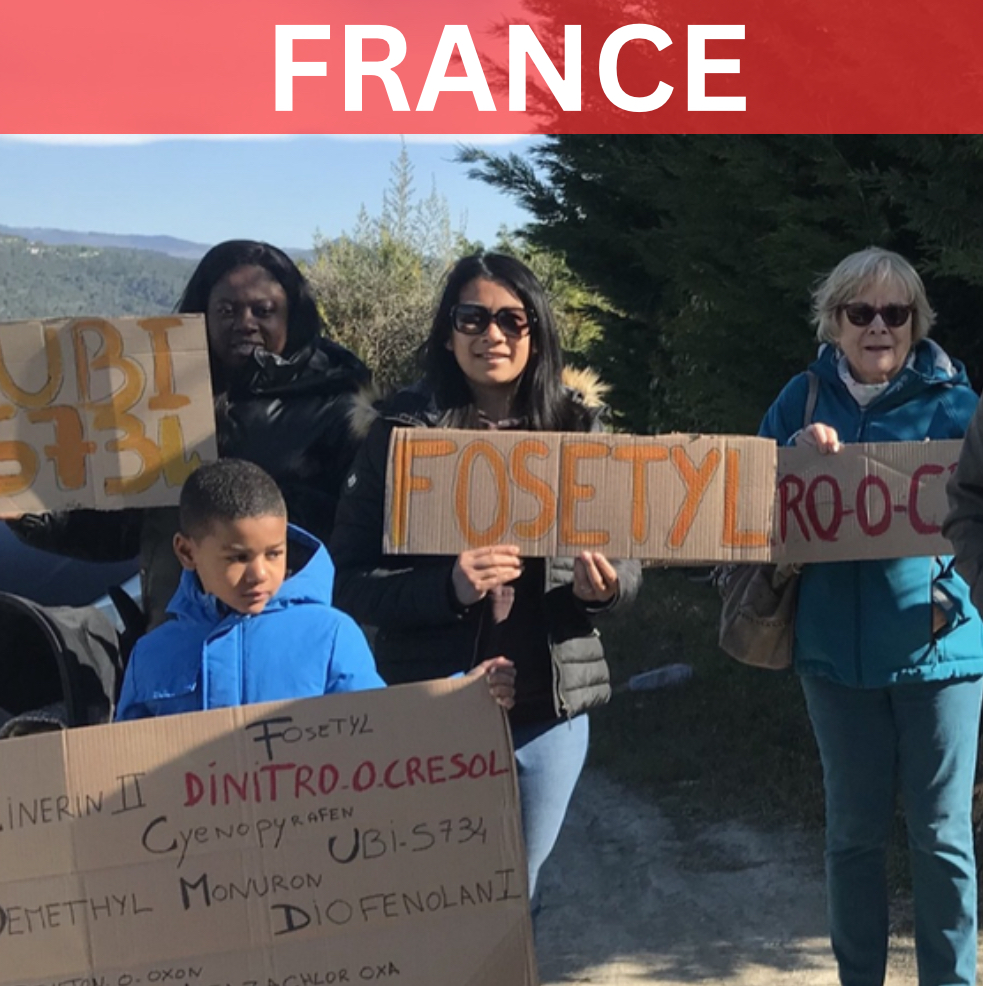
Alliance Citoyenne Kicks Off Thermal Renovation Project to Cut Bills and Boost Sustainability
Alliance Citoyenne in the Monod District came together to celebrate the start of a potential thermal renovation project on an old building, which would bring cheaper electric bills and a more eco-friendly building for residents.
-
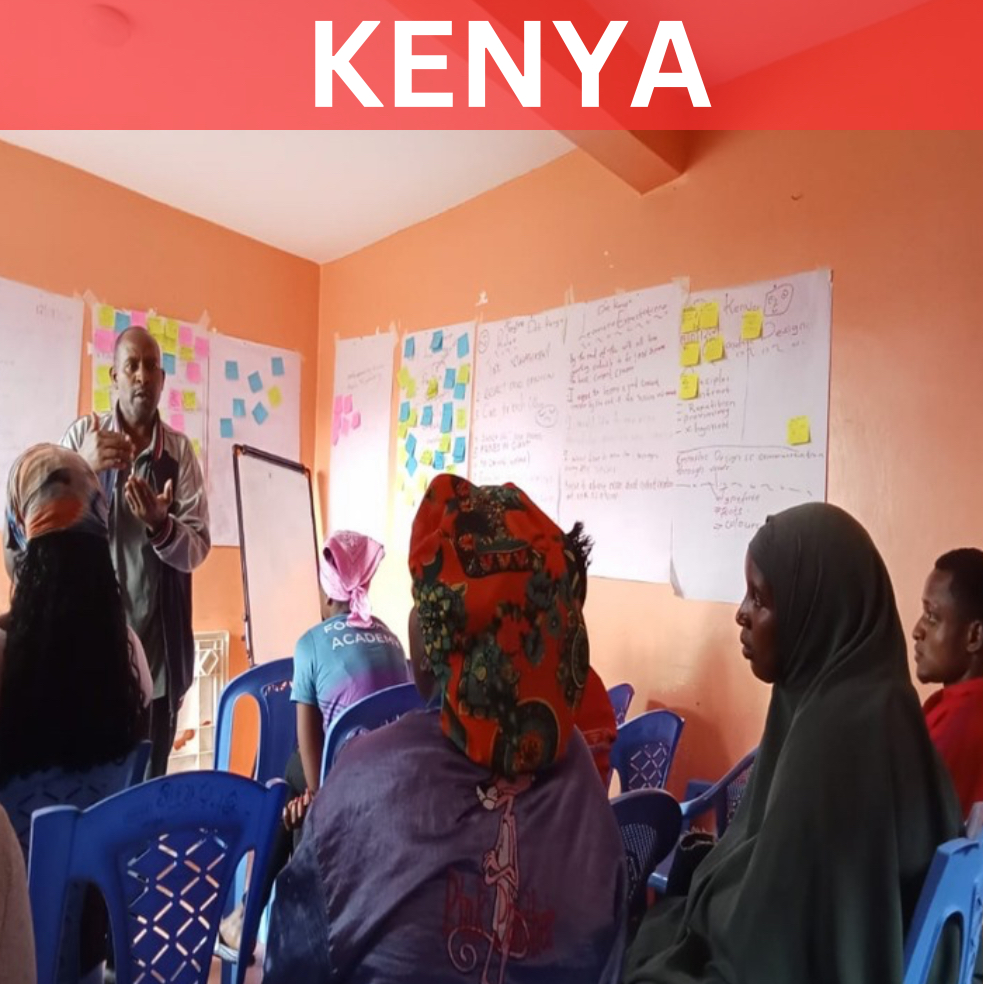
ACORN Kenya Hosts Member Meeting Ahead of Stakeholders Forum on Eco-Friendly Neighborhoods
ACORN Kenya held a member meeting on August 15th in preparation for the Stakeholders forum on enhancing environmentally friendly neighborhoods in Korogocho, with over 35 members attending, and five new members added!
-
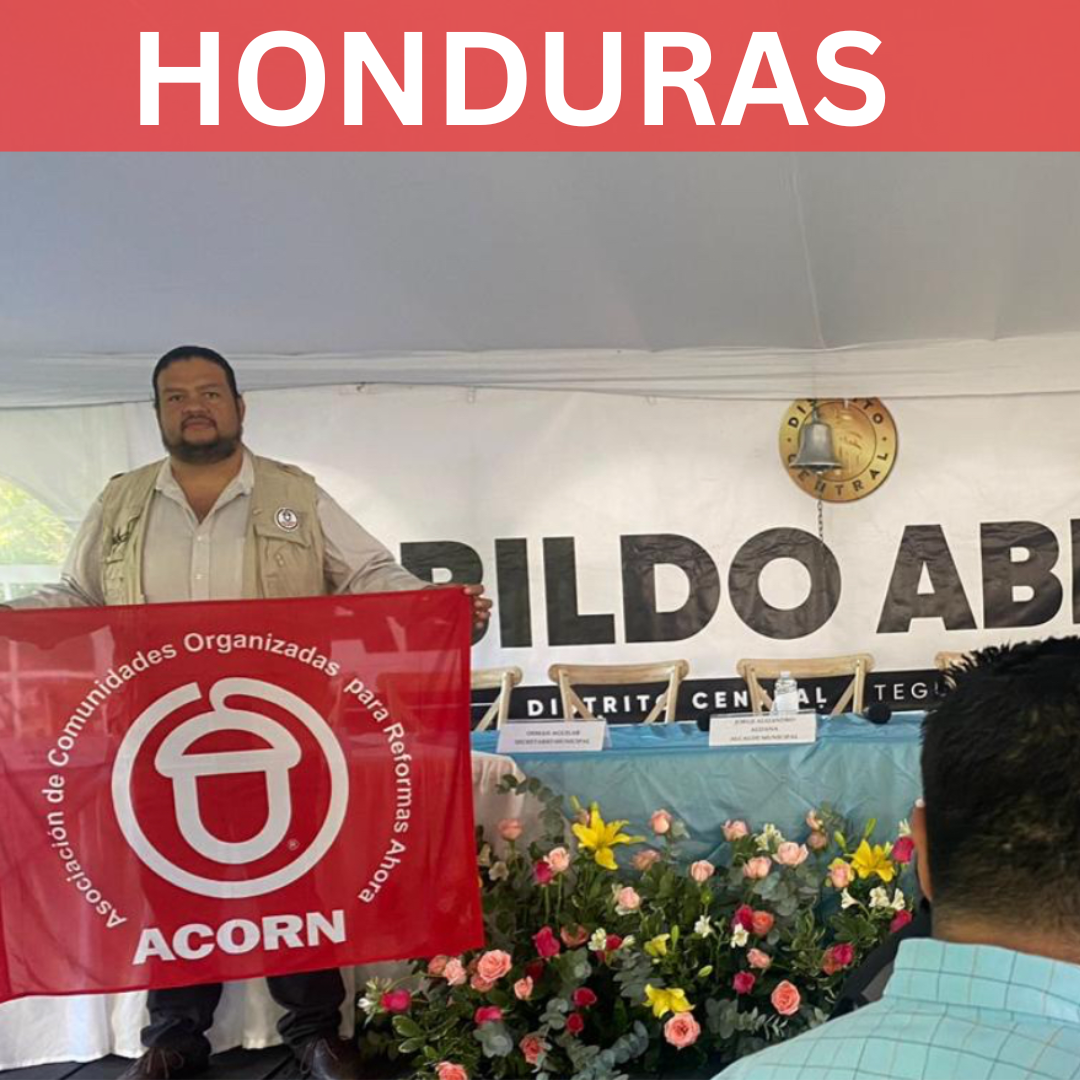
ACORN Honduras Pushes for Youth Rights at Town Hall and Municipal Council Swearing-In
ACORN Honduras played a major role in an an important town hall for children and young people’s rights that is up for approval in the Central District, and they also participated in the swearing-in ceremony of the Municipal Council for the Defense of Children’s Rights.
-
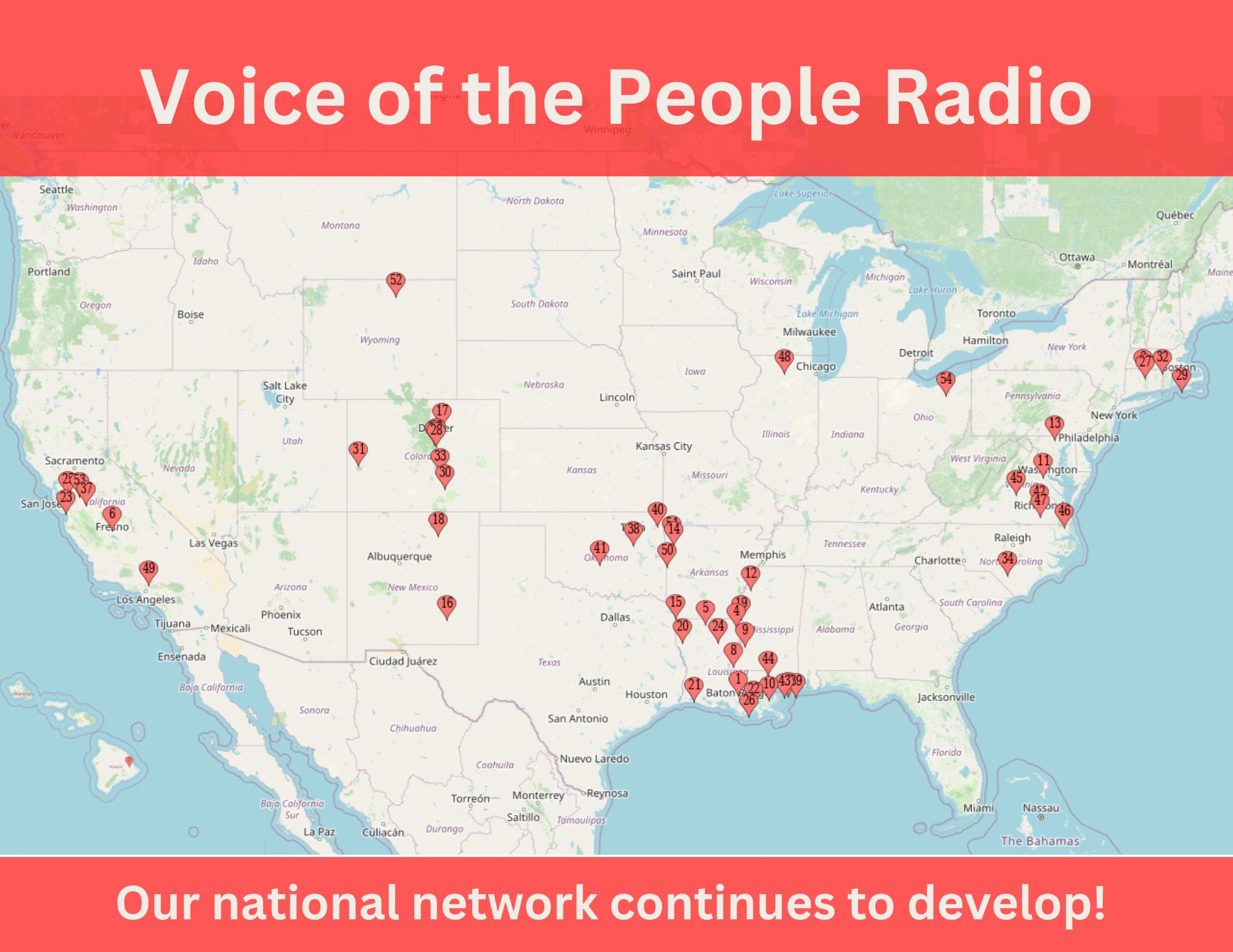
Moving forward bring community radio to communities.
The Affiliated Media Foundation Movement (AM/FM) continues to move forward with their wide-spread Voice of the People campaign, with an approved construction permit in North Carolina, and a series of successful meetings this month with station applicants in Fayetteville, NC, Helena, AR, Fresno and Antioch, CA, and Richmond, VA under our belt.
-
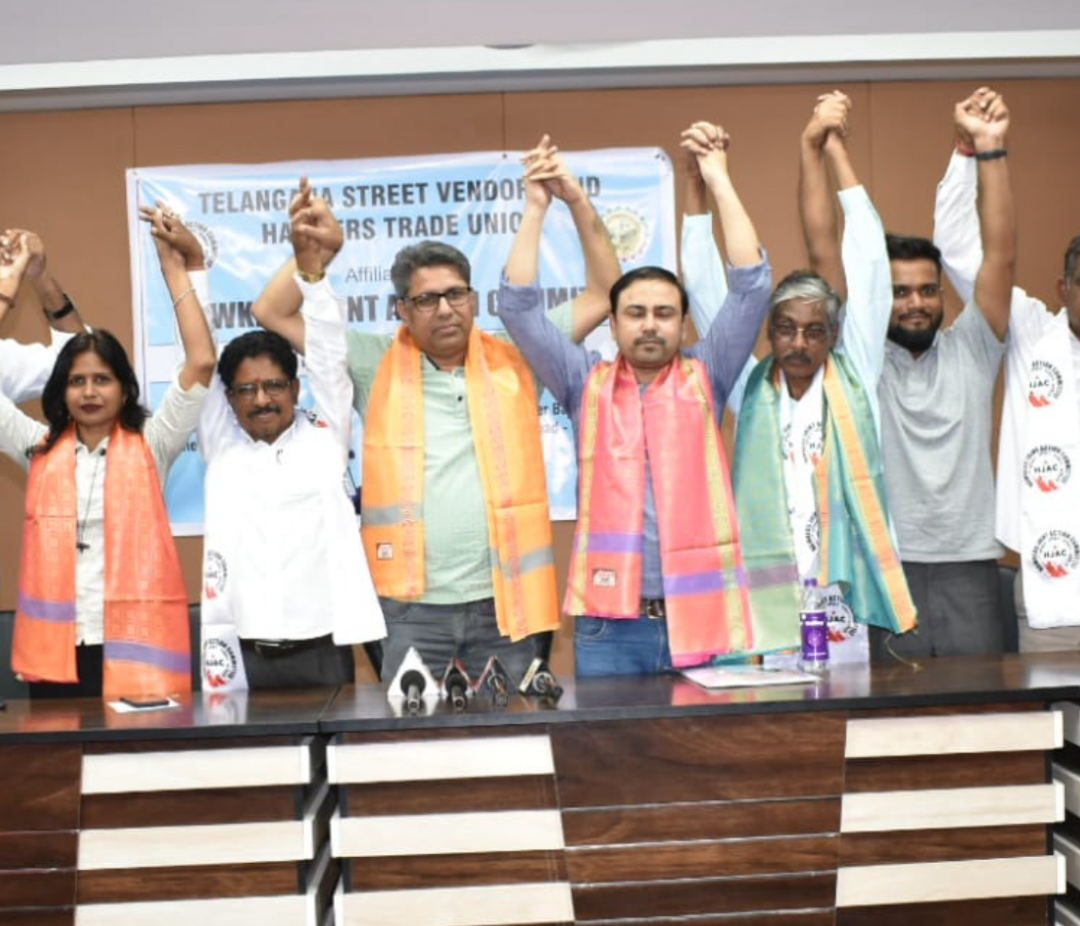
ACORN India continued fighting for housing rights in Dharavi
In response to the Dharavi Redevelopment Project, a government initiative aimed at transforming Asia’s largest slum. Building on momentum from last month, the Hawker’s Joint Action Committee organized a regional meeting of street vendors to demand trade licenses and social protections.
-
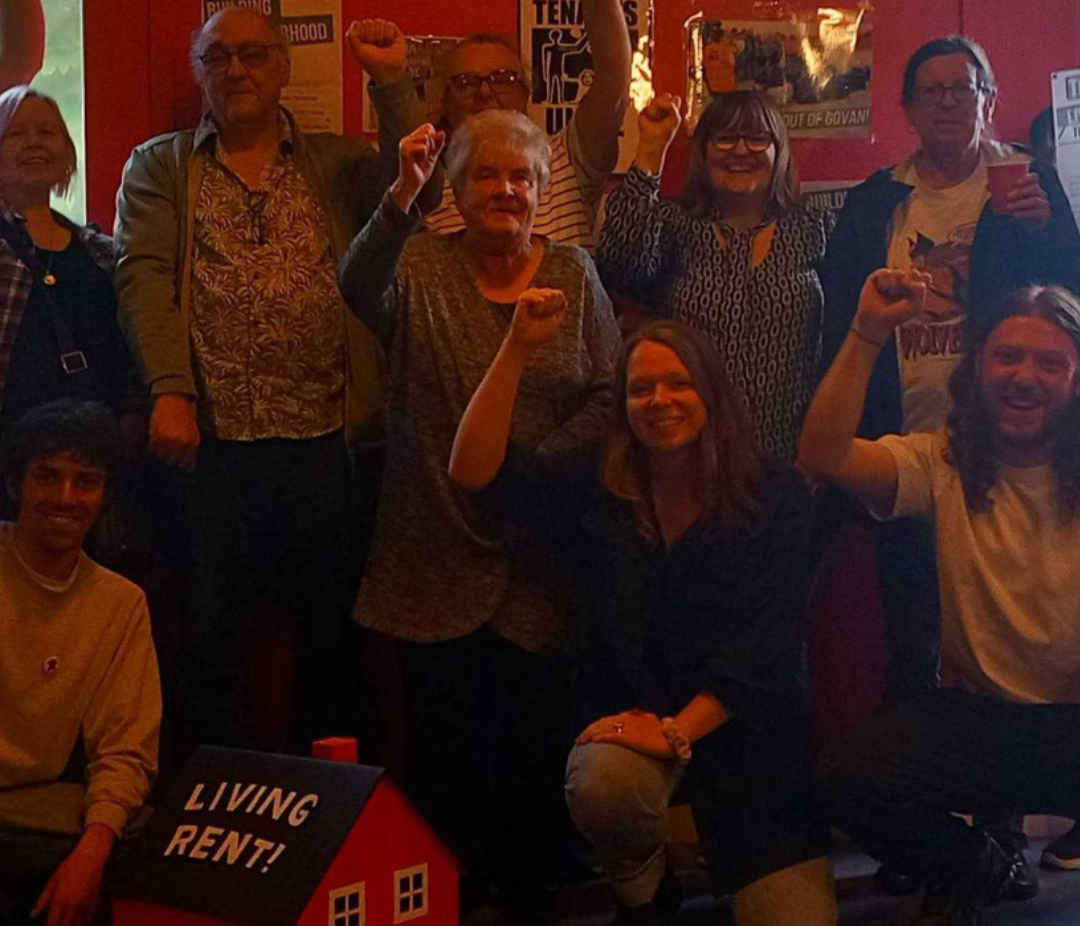
Living Rent Glasgow Launches New Toryglen Chapter with Campaign for Clean Gutters.
In June, Living Rent Glasgow successfully launched a new chapter in Toryglen. Members unanimously voted on their first campaign: to get Sanctuary Housing to clean the clogged gutters, which will protect the and they elected their first committee!
-
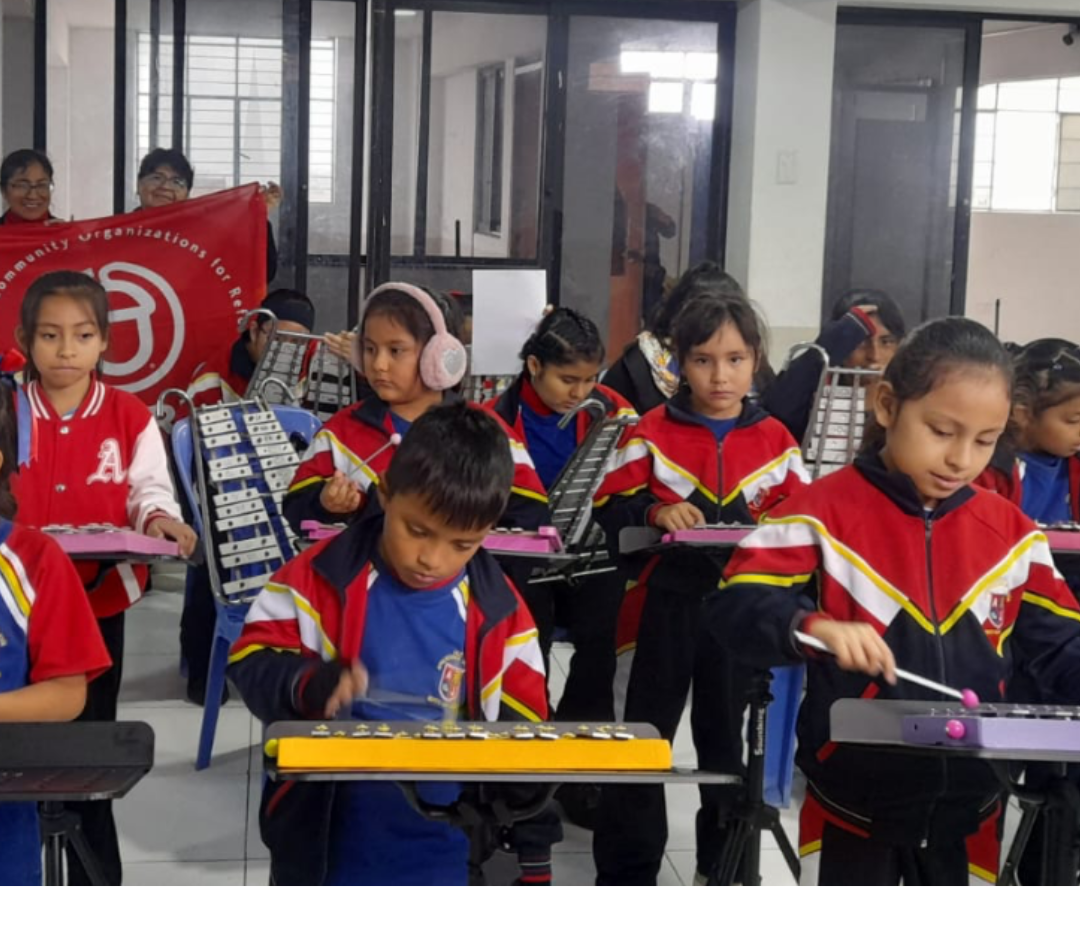
ACORN Peru: Empowering Future Generations with Healthy Food and Music Education.
This June, ACORN Peru continued important programming that provides healthy food and music education for young people, supporting well-rounded education and increased nutrition for the future generations.
-

Welcoming The Popular Struggle Coordinating Committee to ACORN International: United for Non-Violent Resistance Across Palestine.
We are thrilled to announce that The Popular Struggle Coordinating Committee has joined ACORN International! The PSCC was born from informal cooperation and shared mobilization across grassroots groups in the early 2000s that came together to form the PSCC; a steering body for diverse local efforts united in their desire for non-violent resistance across Palestine. We are proud to join forces!
-
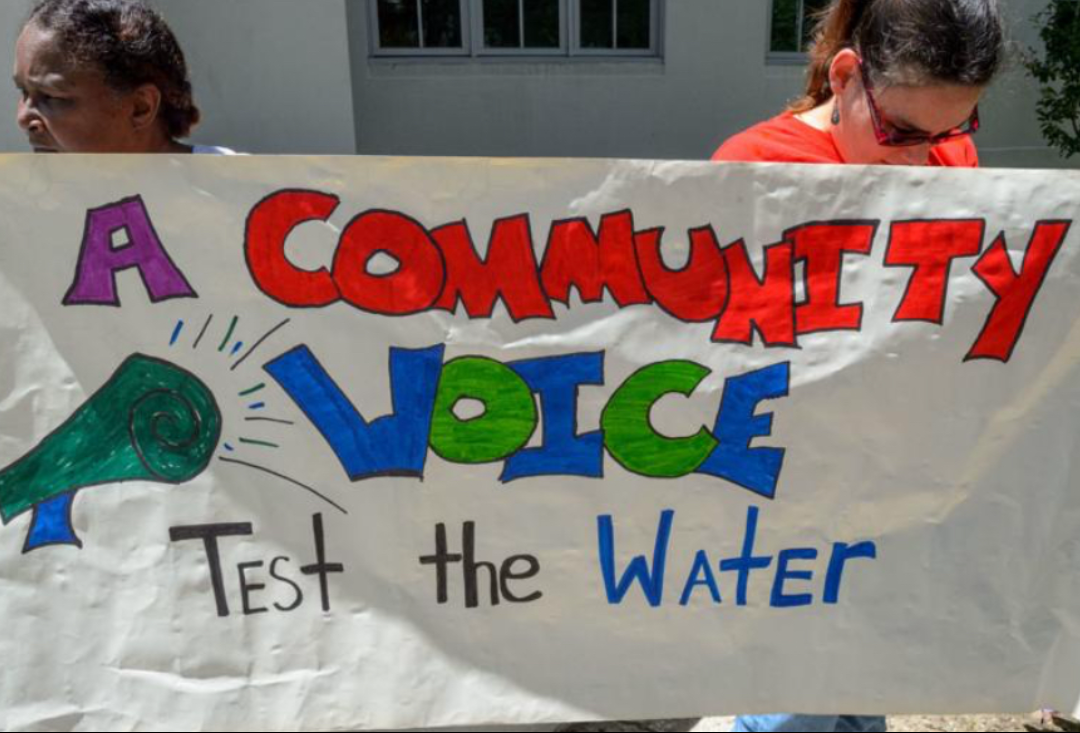
US Hurricane Prep
A Community Voice collaborated with frequent partner Anthropocene Alliance to promote hurricane response and resources, including a helpful hurricane prep checklist.
